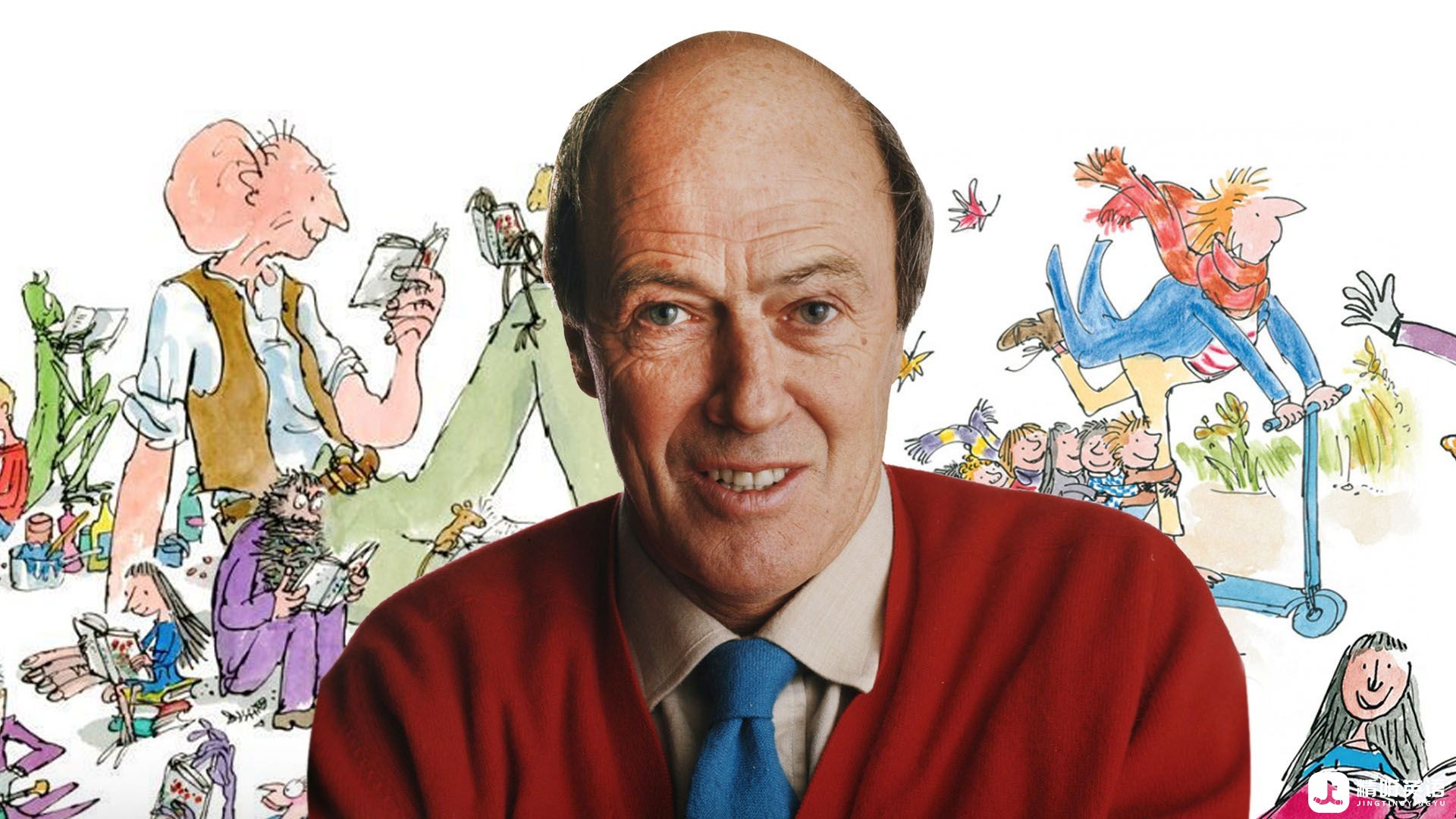|
|

楼主 |
发表于 2024-6-20 12:42:54
|
显示全部楼层
Roald Dahl: A Master Storyteller for Children
|
Roald Dahl: A Master Storyteller for Children

Roald Dahl, born on September 13, 1916, in Llandaff, Wales, is celebrated as one of the greatest children’s authors of the 20th century. His imaginative stories, eccentric characters, and unique narrative style have enchanted generations of readers. Dahl's ability to blend the whimsical with the macabre has made his books timeless classics, appealing to both young readers and adults.
Early Life and Background
Dahl's early life was marked by both privilege and tragedy. His parents were Norwegian immigrants, and he was named after the famous Norwegian explorer Roald Amundsen. His father, Harald, passed away when Dahl was just three years old. Despite this loss, Dahl's mother ensured he had a happy childhood, often sharing stories from Norwegian folklore that would later inspire his own storytelling.
Dahl attended several boarding schools, experiences that were far from pleasant and would later influence his writing. The harsh discipline and cruelty he encountered during these years are vividly depicted in his autobiographical books "Boy: Tales of Childhood" and "Going Solo". These experiences also instilled in him a strong sense of justice and empathy for the underdog, themes that resonate throughout his work.
A Wartime Adventure
Before becoming a full-time writer, Dahl led a life full of adventure. In 1939, at the outbreak of World War II, he joined the Royal Air Force (RAF) as a fighter pilot. His service took him to Africa and the Middle East, and he survived a near-fatal crash in the Libyan desert. After recovering, he was reassigned to a desk job in Washington, D.C., where he began writing short stories inspired by his wartime experiences. These stories were published in magazines like "The Saturday Evening Post" and helped establish his reputation as a writer.
Transition to Children’s Literature
Dahl's transition to children's literature came somewhat accidentally. His first children’s book, "The Gremlins" (1943), was based on an RAF myth about mischievous creatures that caused mechanical problems in aircraft. Although the book was not a commercial success, it caught the attention of Walt Disney, who considered turning it into an animated film.
Dahl's breakthrough in children’s literature came with the publication of "James and the Giant Peach" in 1961. The book tells the story of a young boy who escapes his cruel aunts by sailing across the ocean in a giant peach, accompanied by a group of anthropomorphic insects. The book was an instant success, praised for its originality, humor, and the delightful absurdity of its plot.
Iconic Works and Legacy
Following the success of "James and the Giant Peach", Dahl went on to write a series of iconic books that have become cornerstones of children’s literature. "Charlie and the Chocolate Factory" (1964) is perhaps his most famous work, introducing readers to the enigmatic Willy Wonka and his fantastical chocolate factory. The book explores themes of greed, punishment, and redemption, and has been adapted into several successful films.
Other notable works include "Matilda" (1988), a story about a gifted young girl with neglectful parents and a tyrannical headmistress, and "The BFG" (1982), which follows a young orphan named Sophie who befriends a gentle giant. Dahl's books often feature children who overcome tremendous odds, often facing off against grotesque villains, with a blend of dark humor and moral lessons.
Dahl’s writing style is characterized by its playful language, inventive plots, and memorable characters. He had a knack for understanding children’s perspectives and creating stories that appealed to their sense of wonder and justice. His use of made-up words, like "snozzcumber" and "gobblefunk", adds a unique charm to his stories and showcases his love for linguistic creativity.
Impact and Influence
Roald Dahl's impact on children’s literature is immeasurable. His books have been translated into numerous languages and have sold millions of copies worldwide. He has inspired countless writers and continues to be a beloved author for new generations of readers.
In addition to his books, Dahl’s influence extends to various adaptations of his work. Films, stage plays, and even a musical based on "Matilda" have brought his stories to life in new and exciting ways, ensuring that his legacy endures.
Roald Dahl passed away on November 23, 1990, but his stories remain a vibrant part of literary culture. His ability to blend humor, adventure, and a touch of the macabre has made his work timeless. Through his unforgettable characters and imaginative worlds, Roald Dahl continues to spark the imagination and inspire the hearts of readers young and old.
|
|